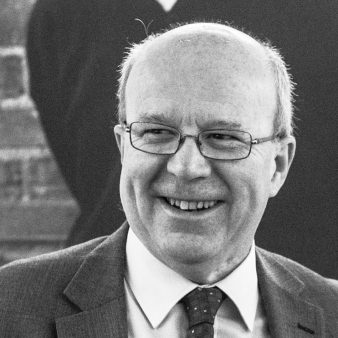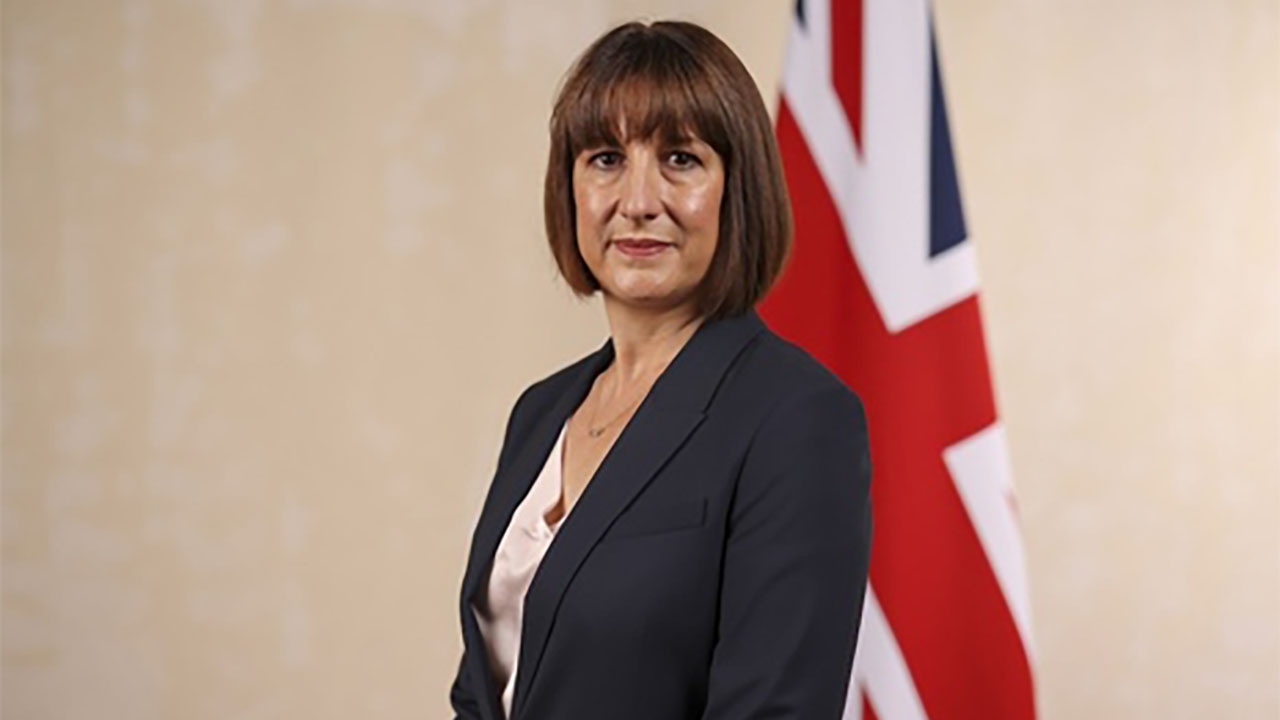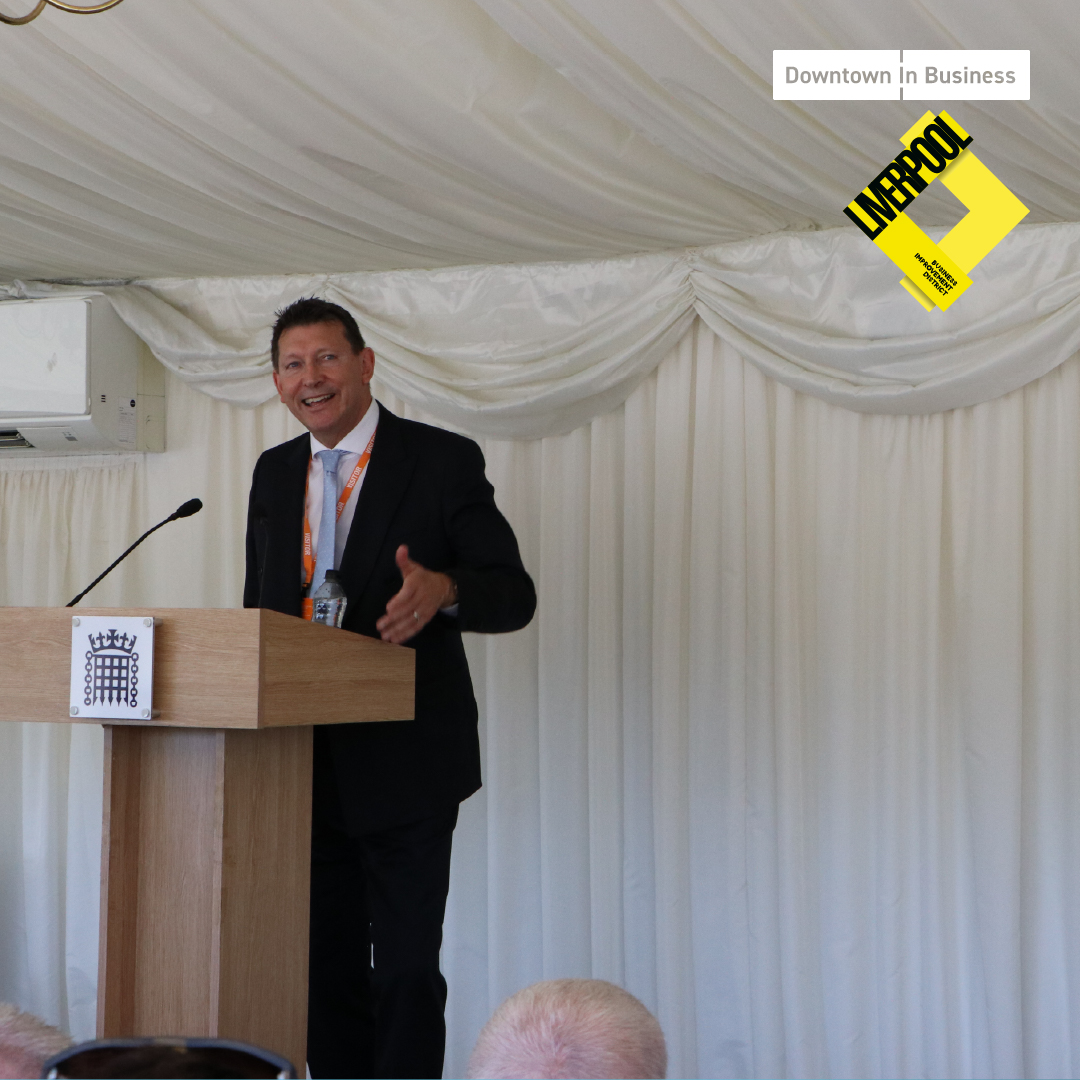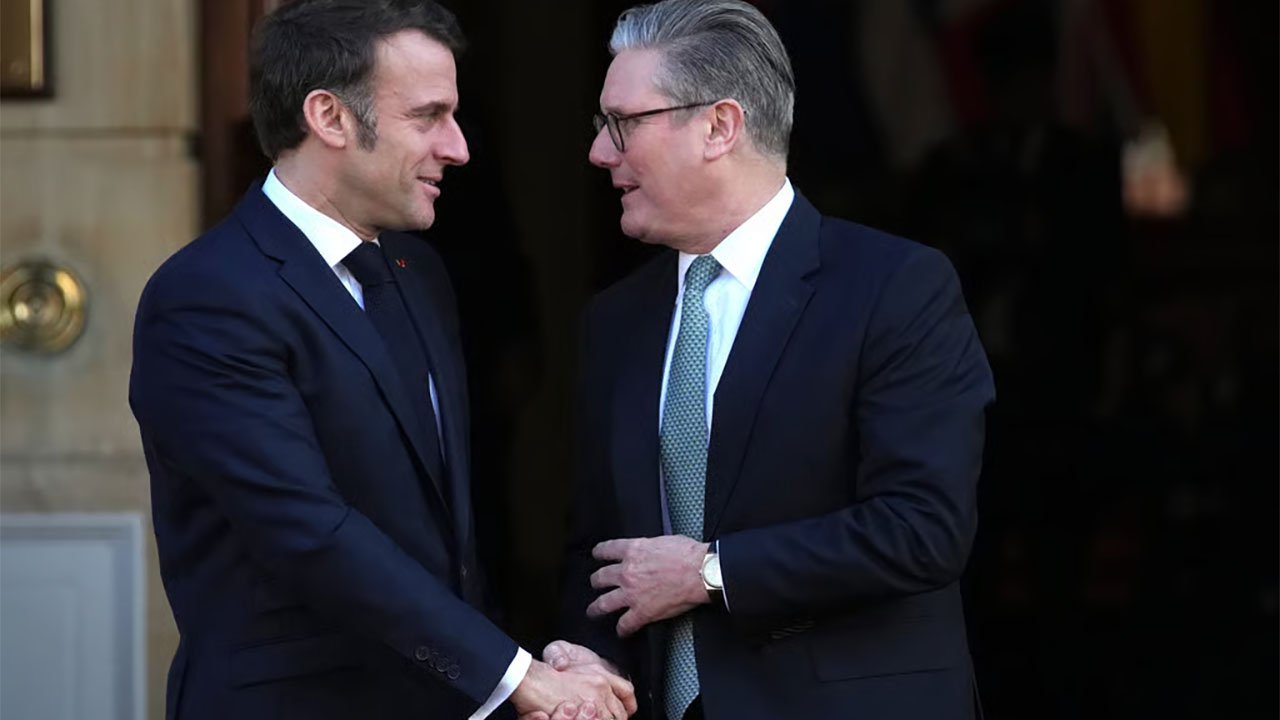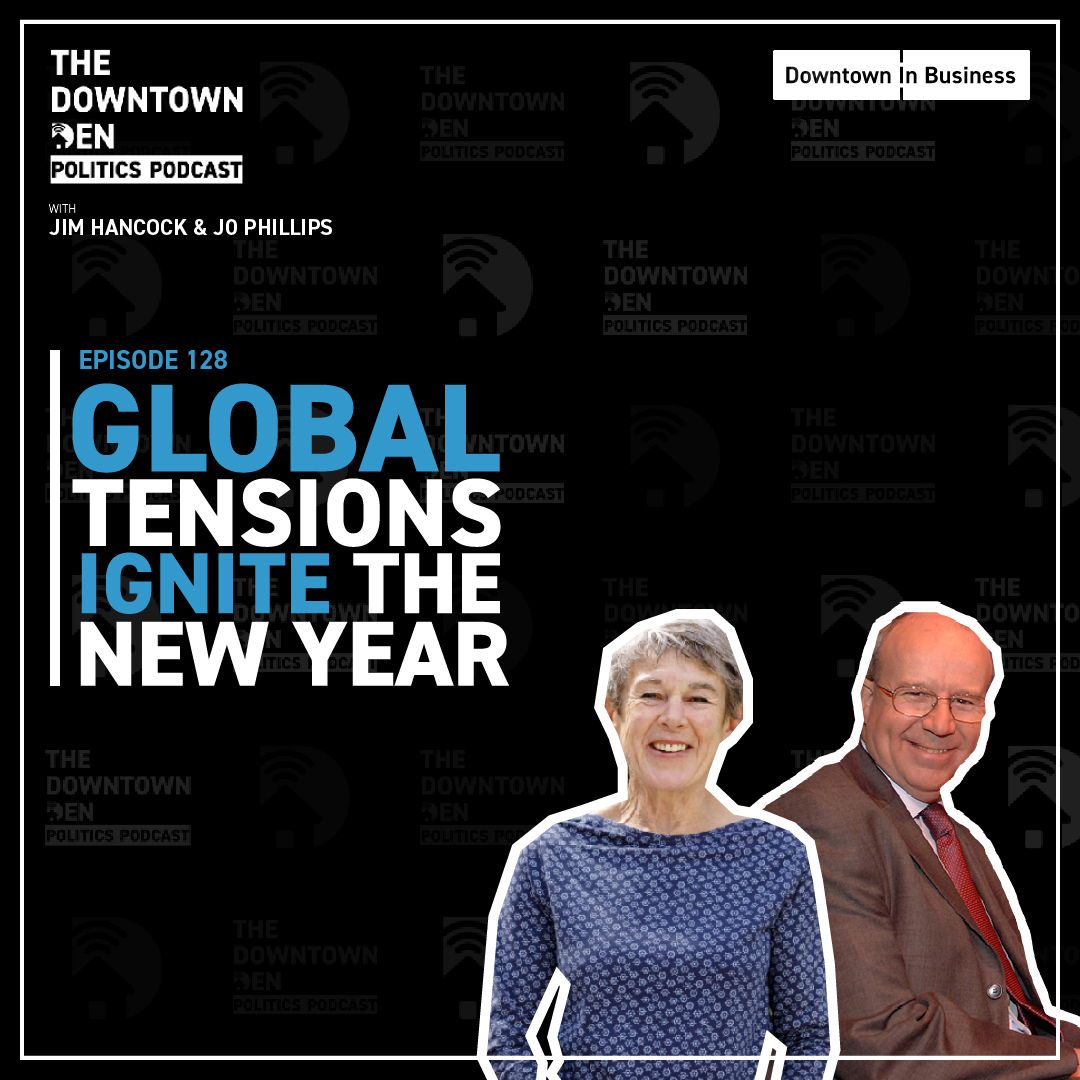Rightly most attention following the Spring Statement will focus on the inability of large sections of the population to cope with the massive bills coming their way.
It is not all the government’s fault. There are global forces affecting the energy and food markets that are beyond our control. However, the measures announced by the Chancellor are not sufficiently aimed at the poorest, unemployed and pensioners. They will simply not be able to pay the huge increases in energy bills that are coming firstly in April and then again in October. One has to start asking what will the government and energy companies do when millions rack up huge debts?
So, attention is rightly on the cost-of-living crisis, but in the North, we need to look at the effect of all this on the Levelling Up agenda. We have in Michael Gove an energetic minister who says all the right things and has put in place considerable funding for the Levelling Up programme. One got the impression last winter that he had assembled his package against reluctance and scepticism from the Treasury.
As Dr Arianna Giovannini of the Institute for Public Policy Research North observed, the Levelling Up agenda was hardly mentioned in the Chancellor’s speech. There are two dangers for the programme. One is that the government’s whole focus will be on the cost of living and Ukraine and Michael Gove will be side-lined. The second is that by the summer there will be pressure for emergency action by the Chancellor and the Levelling Up money will be slashed. Departmental spending is under massive pressure after this statement, and it is worth remembering the background to this in fairness to the Chancellor. The pandemic cost £400bn, the interest is £80bn.
It is a valid view that with Europe on the possible brink of war and people getting desperate over how to heat and eat, that devolution should be put on the back burner. But we should record this as a possible consequence and move on to consider the politics of the Spring Statement.
In that regard Rishi Sunak’s promise of a 1p cut in income tax to be made in 2024 stands out. It is a very important and extraordinary move in a number of respects. It is a sign of how great the unrest is in the Tory Party that the pandemic has trapped them into tax levels not seen since the 1940s. Sunak had to appease these backbenchers in his own leadership interest and for stability in the party. It also gives us a clear signal that this is going to be a long parliament. Remember all that speculation that Johnson would go for an early snap poll. We can now see that the summer or autumn of 2024 will be the time when we go to the polls. Whether we are to be much influenced by the income tax cut remains to be seen because the element of surprise, the impact, has been taken away.

